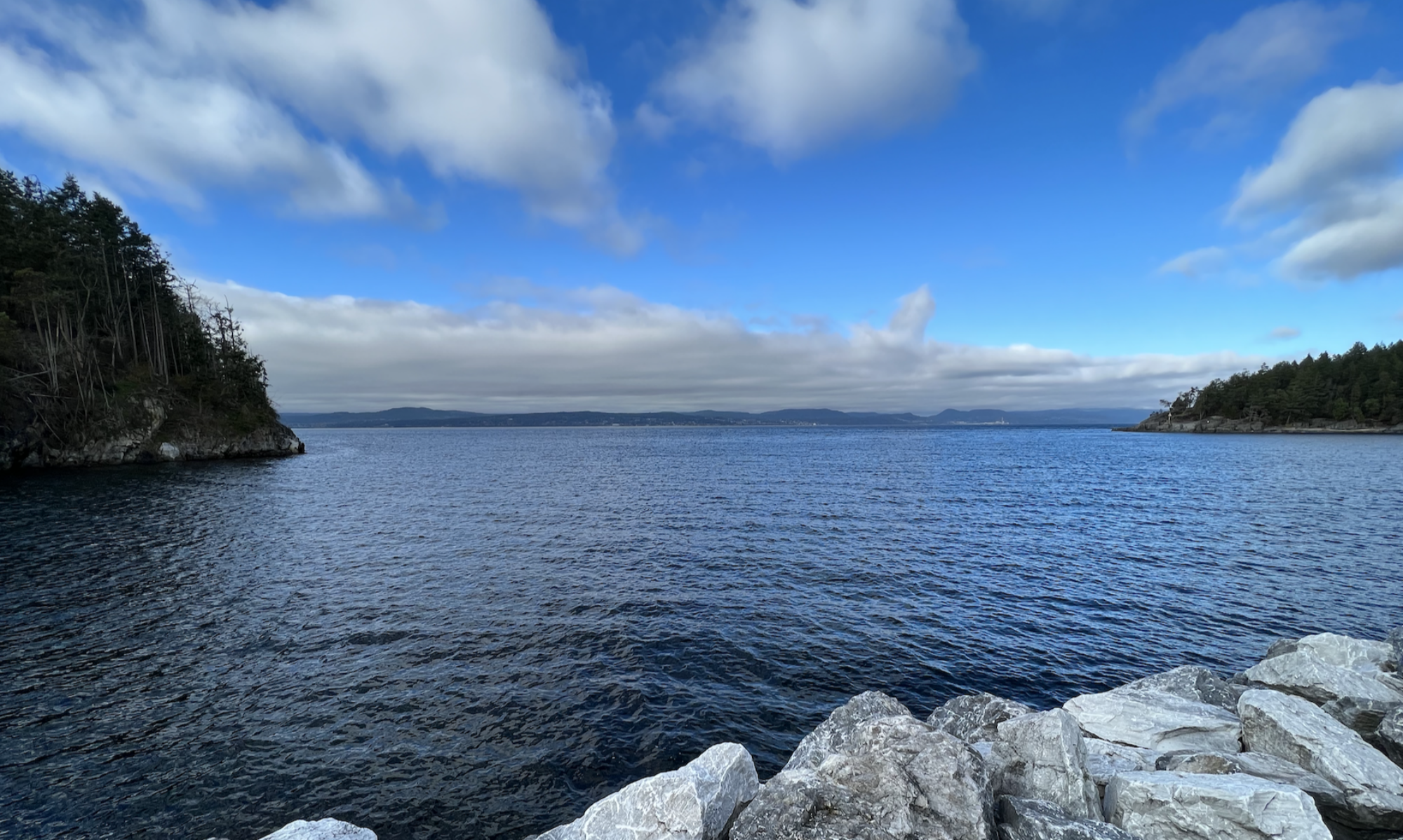“Divine Feminine” and “Divine Masculine” are terms that I hear often, even attributed to me, yet must admit that I don’t fully understand. I hear them invoked in the world, particularly the feminine. Particularly by women. As an energy. As a spirit. As a marker to identify an evolutionary shift in culture. As a way of being that interrupts the pattern of organizing solely around the masculine.
Divine Feminine and Divine Masculine feel important. I want to feel them as invitations. And though easy to connect and associate them with gender, I don’t want to make them so small.
I’ve just come from four days of a healing intensive in which the divine feminine was invoked many times. Beautifully, I would say, and in a group of 35 that was 70% women. It was spoken as an invitation to come into different ways of seeing and being in the world and with one another. It does have a softness, yet is not to be confused with gooeyness. There is utterly clear and sharp purpose in the divine feminine.
It was my Grandmother on my father’s side that first introduced me in the late 1980s to Riane Eisler’s The Chalice and the Blade. It was then that I first became more aware of the dominance of a cultural story that amplifies the masculine — no, wait, eclipses the feminine — and I believe appropriately, was challenging the roots of that story. To challenge such a deeply engrained story is to point to the invisible. Invisible habits. Invisible routine. Invisible embedded beliefs that create structures and leadership forms. That separates. That divides. A good friend jokingly referenced this to me years ago when he said that men only think in two ways — fuck it or kill it. Ouch. There is a truth in that.
This last weekend, there was much pointing to that invisible. There was much that happened through the realms of story, love, kindness, embodiment. Activation. All of this was good and will stay with me for a long time.
I noticed after this event that I wanted to speak particularly to the men, to the invitation toward not just the divine feminine, but also to the divine masculine. The culture making called for is not an abandonment of all things masculine. Sometimes it can feel this way. Or be comically referenced this way. As confusing as it may be, the planet’s evolution calls for men also to step into clarity. Away from fears (or through them). Away from blame (or through it). Away from shame (or through it). Men too, need to step up to be with and in the culture making that is happening.
I imagine that we as humans will find our way. I hope that is so. To an evolved culture that doesn’t unintentionally replace masculinity with an imposed femininity. I feel the call for men — now I am speaking of gender — to remember the best of who we are, even the forgotten parts, yet that reside I believe in our DNA. It may reach back thousands of years, but we men also know a divine wholeness together. It is inspirational to be with women that have reanimated this part of themselves individually and together. I believe this is changing and evolving the planet.
Our job as men is not simply to watch. Even if we don’t fully understand (ah, there a pattern — if we don’t understand, ignore it, or shame it, dismiss it…). Ours also is to participate.



